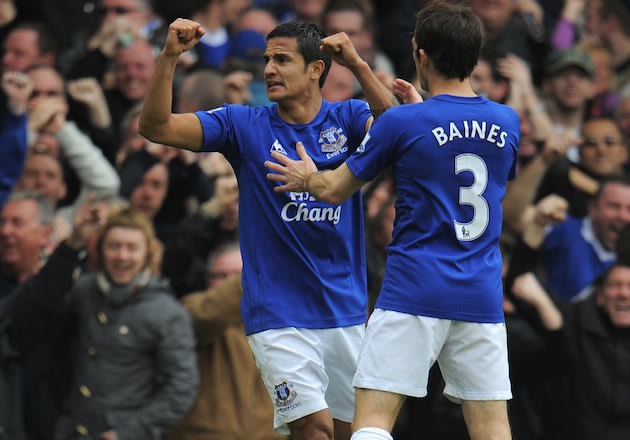Rene Meulensteen just doesn’t care if anyone likes him, does
he?
The former Anzhi and Fulham boss – and Manchester United
coach – yesterday hit the headlines for self-reporting that he
didn’t think David Moyes understood the size of the Manchester United task that
faced him, and that the Ginger Chosen Replaced One was like
a captain going down with his cruise ship.
The comments, both in nature and timing, reflect far more
poorly on Meulensteen than Moyes. Despite ructions with his former charges,
since his departure from Old Trafford on Tuesday David Moyes has been the
picture of dignity; this screams of Meulensteen – who probably had irons in the
fire with Anzhi when he and much of United's coaching staff were let go last year – repaying
a nine-month-old debt. By kicking a man while he’s down.
Despite helming three clubs, Meulensteen’s best moment as a
manager came in a 2-2 draw with Moyes’ Red Devils in February. That was later
the source of a mild controversy when one of his younger players compared
United’s tactics to
those of a team four divisions lower. Meulensteen was replaced by Fulham
only days later, whereby he obliquely accused his former employers of “pushing
the panic button”.
It’s been an open secret around Europe
that Meulensteen, despite being a extremely respected coach, sees himself as
far more. These comments provide evidence that he carries himself with the
arrogance that befits a manager. However, coaching kudos an overstated
arrogance does not necessarily a manager make – just as tactical acumen and the
ability to compete on a budget does not.
 |
| courtesy: fm-base.co.uk |
This is a man who, as an unemployed coach/manager, is trying
to ingratiate himself with people of authority? Did Meulensteen think about how
this might reflect in future job interviews?
Hmmm.
Moyes still has plenty
of people who rate him very highly and would employ him in a heartbeat; even
those without a direct connection to the latest member of the sacked managers
club might shirk at the sound of a relatively-unpopular-someone trying
relatively-rather-clod-hoppingly to take advantage of a
principled-if-perhaps-tactically-misguided-other-someone’s misfortune.
His comments on a vanquished foe were opportunistic
self-promotion of the sleaziest type. As such, they reflect poorly on a man who
so obviously has future management
opportunities in mind.








